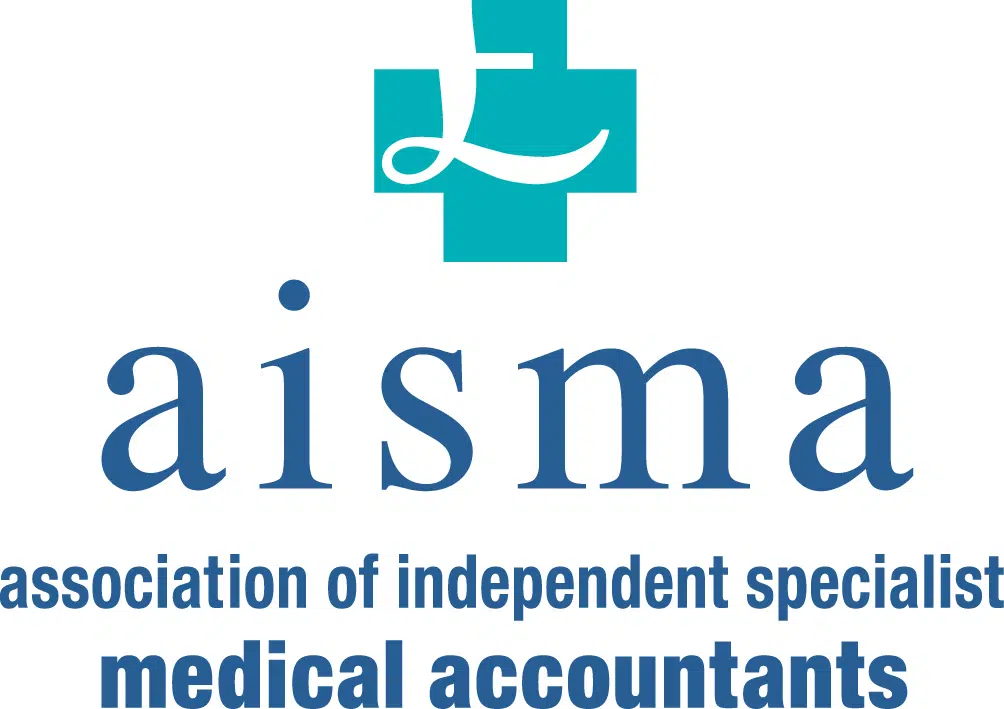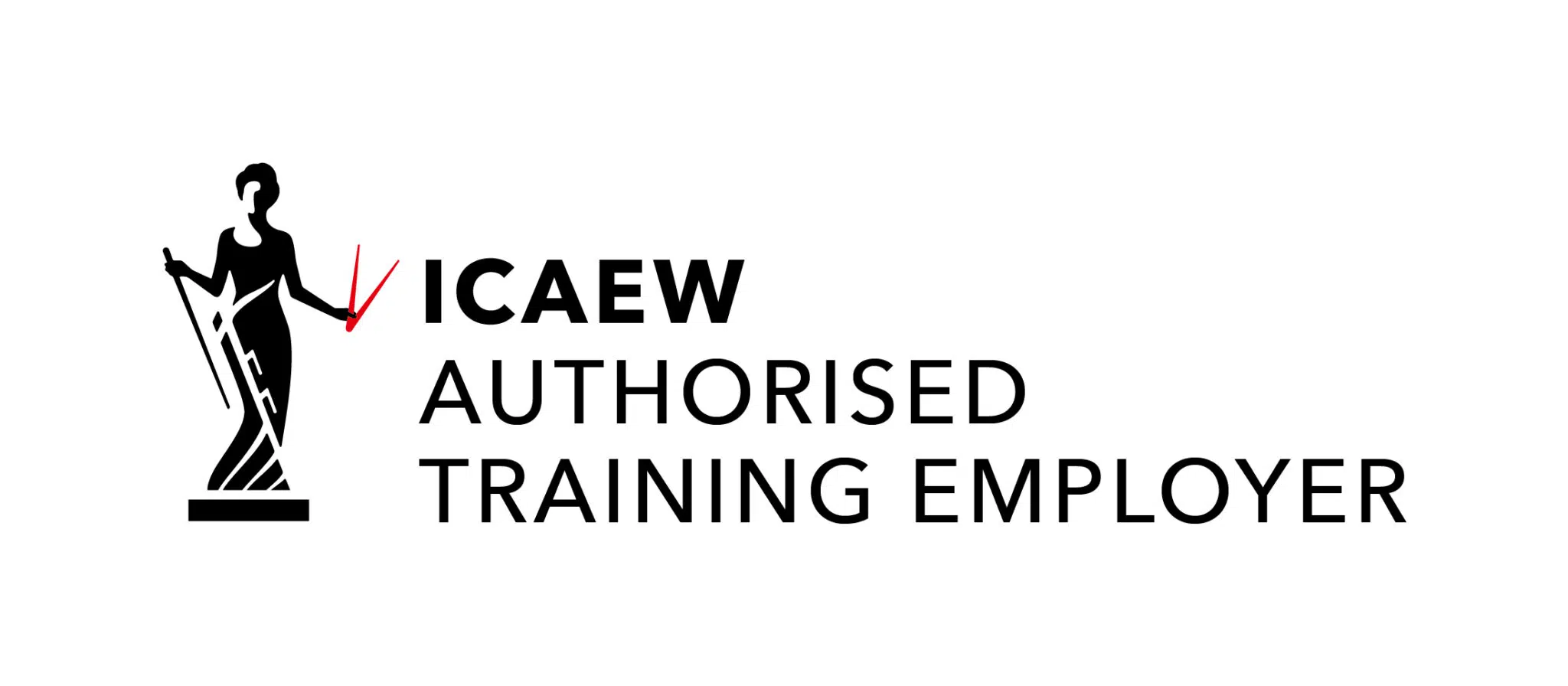What do the main parties intend to do with tax?
Published: 13th June 2024
Speculating about tax changes can be a fruitless exercise, e.g. before Budget day. However, with a number of tax policies being a key part of the campaign trail for the general election, we can summarise some things which campaigners are pitching to the electorate.
Conservatives
The Conservatives have proposed unfreezing the personal allowance for those who have reached State Pension age from April 2025. The aim is to ensure the allowance increases to keep it above the standard entitlement. The personal allowance will remain frozen for everyone else until at least April 2028. They have also pledged to cut employees’ NI by a further 2% by 2027/28, and abolish the main rate of Class 4 for the self-employed by 2027/28. Presumably this will mean Class 4 NI will be a flat rate going forward. The manifesto promises that this will not affect State Pension entitlement.
A number of other plans announced at the Spring Budget will also likely be confirmed, e.g. changes to the non-domiciled status and scrapping furnished holiday letting tax breaks.
Labour
The party has long pledged to scrap the non-dom status for tax purposes, and has criticised Conservative plans to do so as having a number of loopholes that they would close. These include bringing all overseas assets in a trust within the UK inheritance tax net, regardless of when they were settled (the Conservative plan will exclude settlements made before 6 April 2025), scrapping the plan for a 50% discount for income in the first year, and consider incentives for UK investment in the four year tax-free period to encourage onshoring of overseas wealth.
Labour’s plans to make private school fees subject to standard-rate VAT are well known. In recent weeks, Sir Keir Starmer has said that this could take effect midway through a term, so could feasibly happen immediately in the event of a Labour government. However, no detailed information is currently available. The plan has been criticised by some as it is possible that it would increase class sizes and competition for places in an already struggling state education system. On other taxes, Labour has pledged not to increase rates of income tax, NI or VAT. As they have remained silent on capital gains tax and inheritance tax, there is speculation that these could be subject to change.
Liberal Democrats
The Liberal Democrats have made a number of bold tax pledges, including a progressive system of capital gains tax, ending the controversial loan charge, and increasing the taxes for banks. They have also promised to triple the digital services tax, though doing this without the agreement of a number of OECD participants would be potentially inflammatory.












